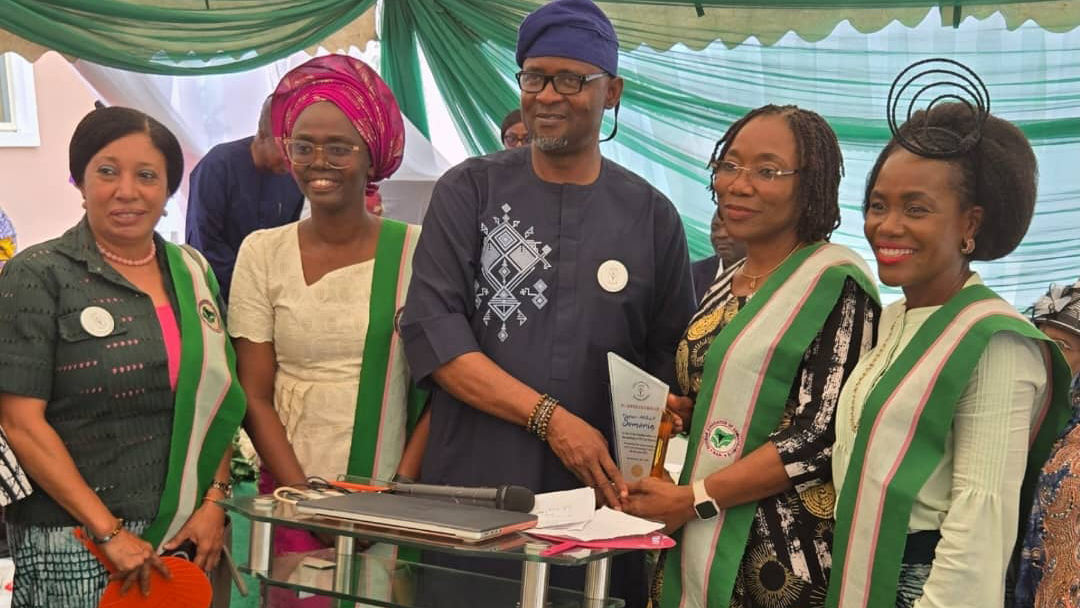
The National Health Insurance Authority (NHIA) has increased insurance coverage from 16.7 million to about 19.2 million, representing a 14% increase in less than a year.
Additionally, 2.4 million vulnerable Nigerians have been covered by health insurance under the Basic Health Care Provisions Fund (BHCPF).
The Authority has disclosed its plan to increase enrollment by 2025 to meet its target of having 20 million Nigerians covered by health insurance and possibly surpass the target.
Meanwhile, over 1,000 women with fistula have received treatment under its CeMoNC intervention and Obstetric Fistula Intervention Programme, with costs verified and paid directly to hospitals by independent administrators.
The Director General of the Authority, Dr. Kelechi Ohiri, who disclosed this during a media parley in Abuja, noted that the NHIA has reviewed the minimum basic benefit package so that unmet needs for family planning are included.
Ohiri stated that the agency also explored integrating HIV treatment, treatment for tuberculosis, and nutrition into the health insurance, considering the high rates of malnutrition and the prevalence of diseases, and costing it with actuaries, so that we have a benefit package that is robust and can meet the needs of all Nigerians and reduce fragmentation, in line with the minister’s approach of integrating through a sector-wide approach.
He said, “Going forward, we want to build on the successes we have had, and we’ve had quite a lot of them this year. We need to increase enrollment by next year. We will meet our target of 20 million people, but we also aim to surpass that and see how far we can push, as long as we get all the key elements, like the enforcement of the mandate and creating more awareness. For this, we cannot do it without you.”
The DG explained that the NHIA has launched a comprehensive programme targeting vulnerable women to ensure access to critical healthcare services irrespective of financial constraints.
According to him, if a woman faces an obstetric complication and cannot afford treatment, NHIA will ensure that cost is not a barrier, as treatment will be provided while the NHIA underwrites the expenses.
Ohiri said the program also incorporates family planning services and ensures that discharged patients are enrolled in health insurance for future healthcare needs.
He noted that the NHIA is working with other agencies to ensure that the mandate of the authority is enforced to comply with what is required, focusing on coverage, equity, quality, and efficiency, and to expand health insurance to ensure that more Nigerians come under financial protection.
Ohiri observed that the NHIA has launched several initiatives targeted at the poor and vulnerable and is also ensuring that the vulnerable group fund and the Basic Health Care Provisions Fund work better to make sure that more vulnerable individuals are covered.
On why the authority has not enforced the mandatory health insurance for all Nigerians as stipulated by the 2022 NHIA Act, Ohiri said,”It requires a whole-of-government approach to enforce.
“There was a committee that was set up by the NHIA to look at how to operationalise its mandate, and right now we have had a conversation with the office of the Attorney General of the Federation and the Secretary to the Government of the Federation on ways we can secularize directives or guidance on how to make health insurance mandatory.
“The enforcement is not just the NHIA; the question is that if you don’t have insurance, you cannot do X. That you cannot do X is someone’s responsibility to enforce. So, it requires a lot of education and dialogue. We are educating people to know that it is actually to their advantage to have health insurance. We don’t want to criminalize somebody for being poor.
“We don’t want to criminalize somebody for not having insurance because they cannot afford it. We don’t want to make the treatment worse than the disease. We have good intentions, but we have to get the operationalization right so that we don’t inadvertently penalize those we have come to serve.”
The NHIA is evaluating and piloting its branded drugs initiative to ensure that it is something that can be done sustainably, adding that the authority wants to make sure that drugs are available, affordable, and of good quality.
Also speaking, the NHIA Director of Enforcement, Adebayo Abdulhamid, revealed that a total of 2,591 complaints were received by the authority, out of which 1,678 were complaints made against healthcare facilities and 913 were made against HMOs.
He said, “At the end of the day, we were able to achieve a complaint resolution rate of 82% and a resolution within the established timeline of 85%.” (edited)






